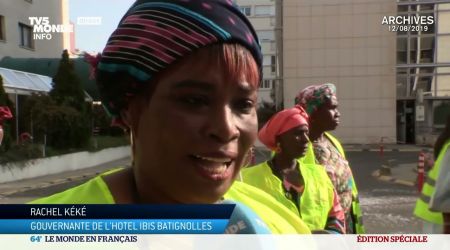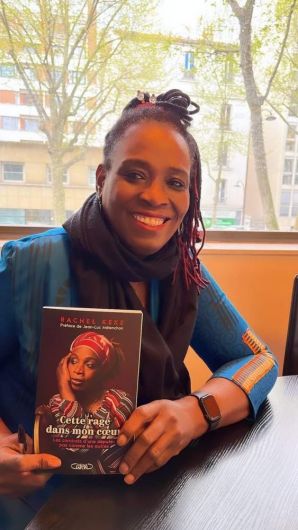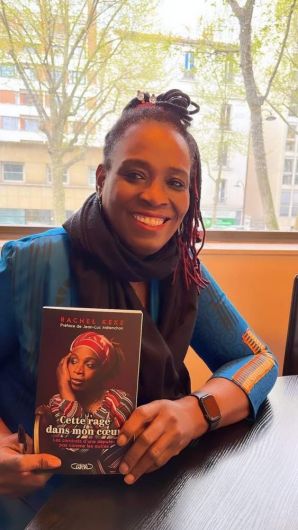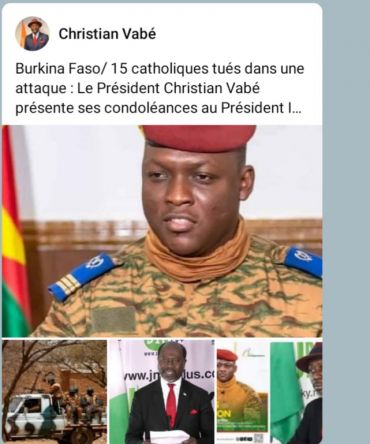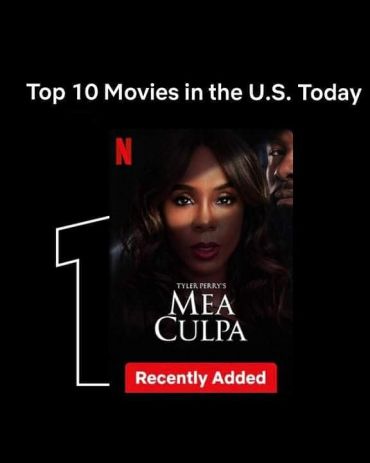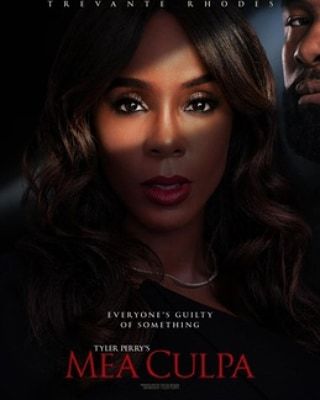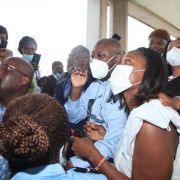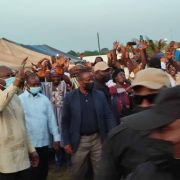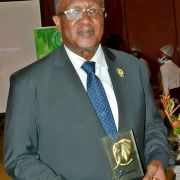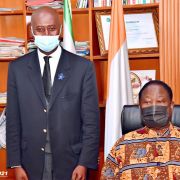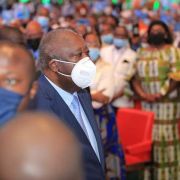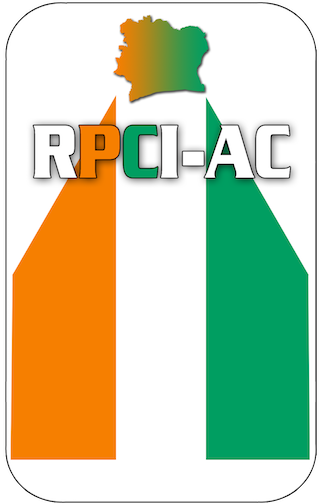Cote d’Ivoire: Economic Freedom of the World Annual Report 2013 disapproved
Par IVOIREBUSINESS - Economic Freedom of the World Annual Report 2013 disapproved
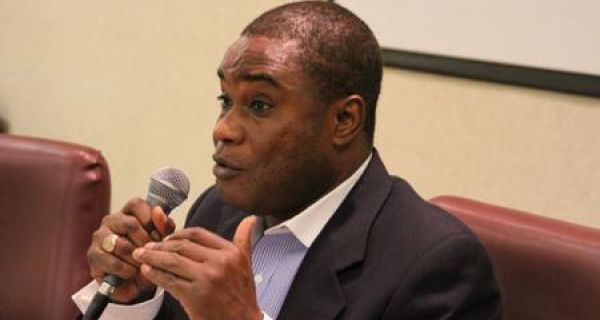
PRESS RELEASE
President Ouattara’s poor leadership and bad governance
The per-capita income of Cote d’Ivoire was $1,789 in 2013, the 13th highest among the 26 African countries. However, Cote d’Ivoire was one of only three African countries experiencing declining income from 2011 to 2013.
In 2011 Cote d’Ivoire ranked 21st among the 26 African countries in the Economic Freedom of the World Index and the Global Competitiveness Report. Its ranking was even lower in the Doing Business Report, 24th in the region, which implies the country faces large regulatory burdens.
Cote d’Ivoire made few increases in freedom in the past decade but not at the pace of the rest of the region. However bureaucracy costs are high and extra payments, bribes and favoritism plague the conduct of business (component 5Civ).
The political institutions of Cote d’Ivoire are largely undemocratic and one party, RDR dominates the political scene. Cote d’Ivoire ranks 25th among African countries according to the Legal System and Property Right of the EFW Index. Freedom Houses places it in the “not free” group in it its political right measure.
Cote d’ivoire ranks 18th in the region in Transparency International’s Corruption Perceptions Index. In the overall measure of civil liberties, Cote d’Ivoire 24th among African countries. Of the 26 countries in the region, Cote d’Ivoire ranks 24th in the Reporters without Borders Press Freedom Index and 21st in Freedom House’s Freedom of the Press. The Press Freedom Index reports that violence against journalists is prevalent (Death of Desire Oué).
President Ouattara’s governance weaknesses are strongly correlated with deficiencies in development. Ouattara’s bad governance is associated with corruption, distortion of government budgets, inequitable growth, and social exclusion (rattrapage). His years in power were marked by inflation, poverty and the ruthless repression of opposition leaders, often by means of murder.
In the last few months, Human Rights Watch, Amnesty International and several UN Reports have criticized the Ivorian government’s violation of human rights. They denounced torture, partial justice, arbitrary arrests, instability and uncontrollable security forces.
In this context, many observers question whether President Ouattara’s focus on economic growth can successfully bring stability; boost up foreign and national investments, and peace to a country that remains so divided politically.
Much may also depend on the ability of Ivorian government to quickly spread the recovery beyond Abidjan to people in all part of the country and all segments of society particularly the youth, regardless how they voted in 2010.
Contribution BY Nash kpokou, Ph.D.
Permanent Representative of RPCI-AC USA

